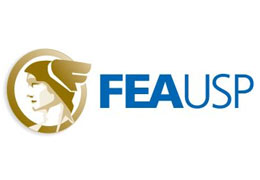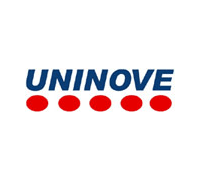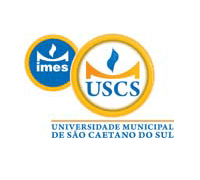|
To build and apply a sequential approach to the assessment of service operations in the short and long runs from an efficiency standpoint
The sequential model consists of three steps. First, optimal scores are computed from selected DEA models to rank individual libraries. Second, DEA results provide optimal allocative corrections that improve “inefficient” positions. Third, a long run evaluation of library performance is accomplished by Markovian analysis. The empirical application is supported by a convenience sample of 37 libraries pertaining to a federal university in Rio de Janeiro in 2000-2007
Efficiency requirements correspond to evaluating a production unit in terms of its position vis à vis a computed “efficiency frontier”. The performance of any production unit may be then evaluated by estimating adequate DEA models. Using results from finite ergodic Markov chains and assuming that an aggregate transition matrix can be made available, it is possible to compute the long run behavior of the the set of decision units
Evidence has been provided in the paper that inputs may be reduced alongside with outputs being increased. Library managers must keep alert and proactive as to take advantage from potential efficiency gains along time. The DEA model will help “inefficient” libraries in their quest for efficiency. The proposed model uncovers quantitative aspects that may be of assistance to library managers committed to efficiency in the short and long runs
DEA models allow to consider several inputs and outputs estimated by different units of measurement and hence eliminate the need to define or redefine either resource or performance “indicators” of any type such as can be frequently found in the literature. To the best of our knowledge, the combination proposed here – i. e., a combination of DEA and Markovian Analysis – cannot be found in the corresponding literatures
|












